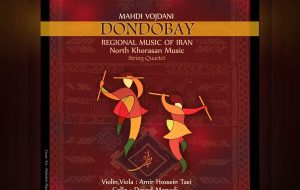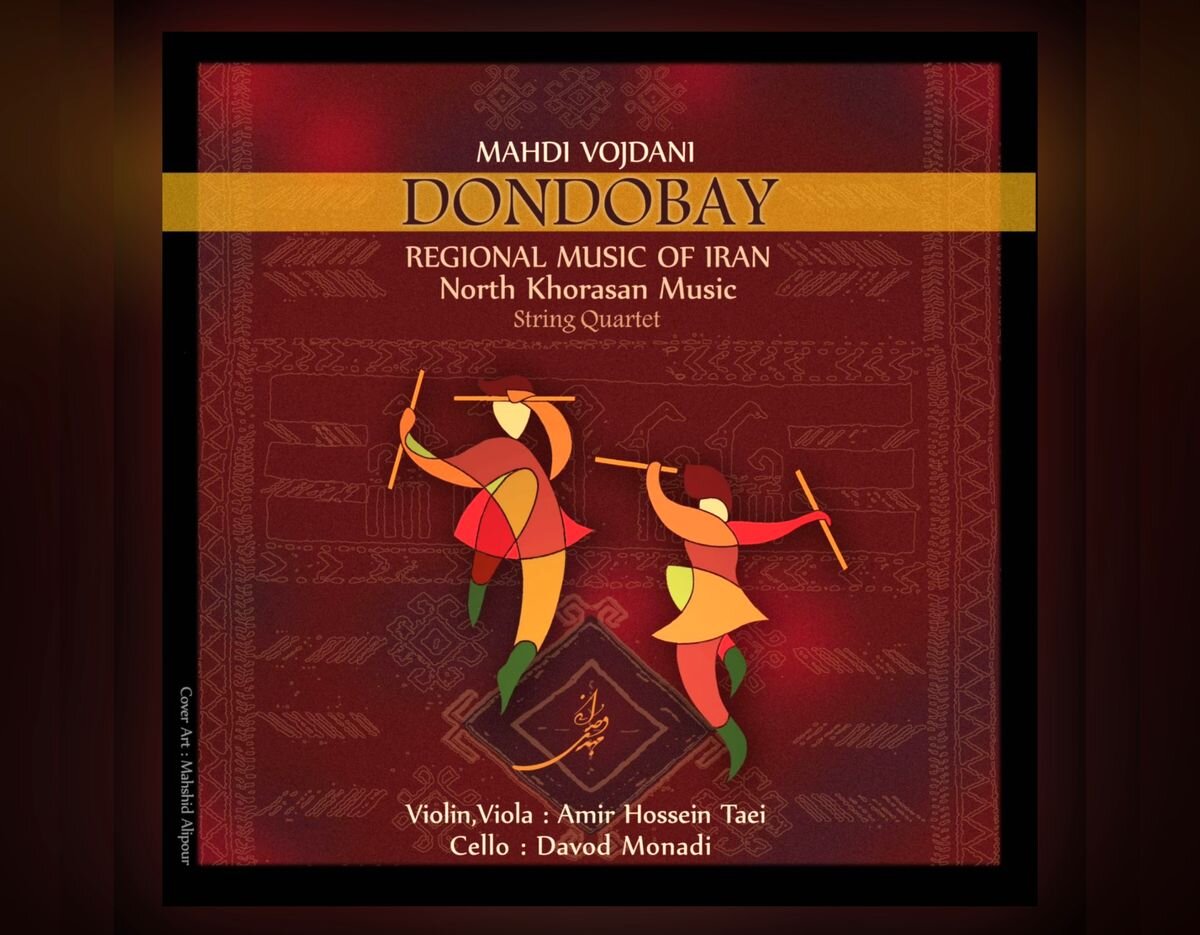Composer Mehdi Vojdani blends tradition, innovation in new regional music arrangement
TEHRAN-Iranian composer and orchestra leader Mehdi Vojdani has recently unveiled an innovative arrangement of regional music. The piece “DONDOBAY”, based on the music of North Khorasan province in northeast Iran, was recently released with a unique orchestral arrangement, ILNA reported. Vojdani shared that he arranged the piece for a quartet of two violins, a viola,


TEHRAN-Iranian composer and orchestra leader Mehdi Vojdani has recently unveiled an innovative arrangement of regional music.
The piece “DONDOBAY”, based on the music of North Khorasan province in northeast Iran, was recently released with a unique orchestral arrangement, ILNA reported.
Vojdani shared that he arranged the piece for a quartet of two violins, a viola, and a cello, aiming to preserve its original structure and essence.
He also integrated elements of the region’s music and culture into the arrangement, capturing the essence of North Khorasan’s traditional dances and rhythms.
“We all know that besides the music performed with traditional North Khorasan instruments, there are also dances like the wood dance, and I tried to create an arrangement that would allow us to perceive the rhythm and dances with a modern harmony.”
The music of North Khorasan is well-known throughout Iran as it has been a cradle of culture and civilization from ancient times, he emphasized.
Due to its vast geographical range, this region has been rich in music and culture, and verbal culture such as epic poetry collections has thrived there, he explained.
The music of North Khorasan, including its dances, and various styles are crucial due to the ethnic groups like Kurds, Turks, Turkmen, and the wide range of dialects present in the region and the diverse music styles found in this region reflect its importance, he stated.
Vojdani highlighted the significance of incorporating elements of folk and local music into classical and contemporary compositions, drawing parallels to composers such as Beethoven and Brahms who drew inspiration from regional sounds.
The main source of classical and contemporary music composers comes from local, folk, and the melodies and tunes of that time, he added.
He expressed his belief that reimagining folklore music from different regions with modern arrangements could pave the way for a new era in Iranian music, showcasing captivating compositions that resonate with audiences.
Vojdani emphasized his modern approach to arranging pieces while maintaining a global perspective, choosing classical instruments to convey a broader geographical range. By infusing classical instruments with regional melodies, he sought to create a contemporary sound that transcends traditional boundaries and connects with listeners on a universal level.
“Personally, I wanted to arrange the pieces in a modern way, to see their geography more globally. Thus, I included the instruments in the quartet, which are completely classical instruments,” he concluded.
SAB/
